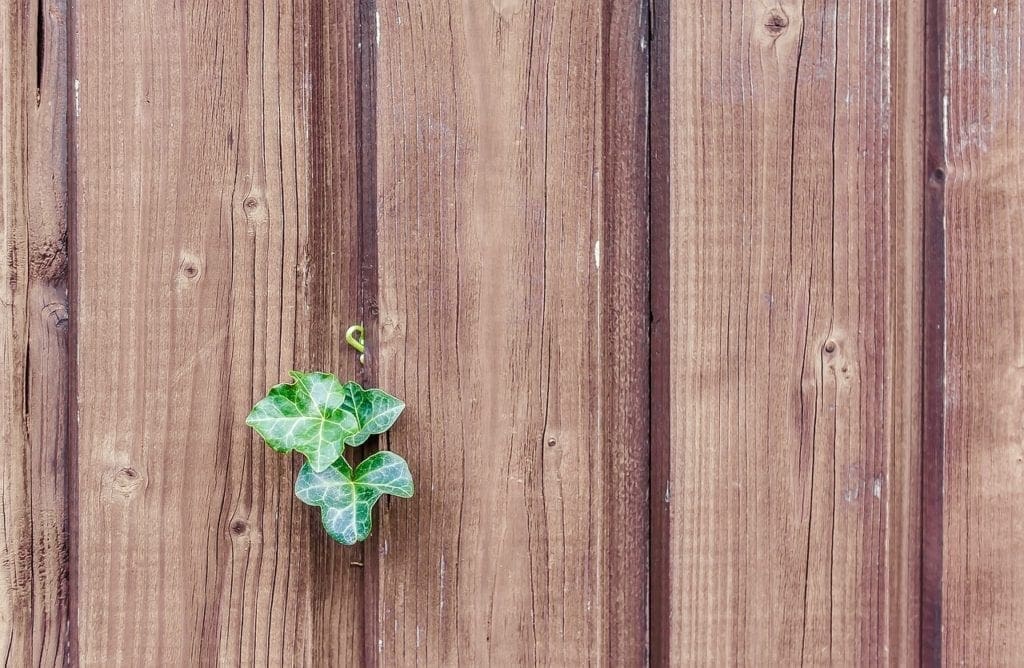The very foundation of liberty seems ever so shaky as political groups try to destroy it by attacking it on every possible front. To libertarians, this reality keeps pushing us to try and spread the message of liberty at any given chance. Still, few appear to discuss the importance of property rights. Instead, libertarians tend to get too attached to policy, whether imposed by federal or state officials.

In his incredible 2000 essay “Property and Liberty,” James Bovard explains that liberty cannot be seen as a viable end if we do not see property as “the guardian of all other rights.”
At some point in the history of this country, Bovard writes, members of the Supreme Court were even wise enough to declare that all rights “would become worthless if the government possessed power over the private fortune of every citizen.” And still, he argues, politicians as well as judges and political philosophers have repeatedly ignored or underplayed the value of property rights and how it is the very foundation of freedom.
When looking at the relationship between the state and the individual, it’s clear that without property rights, the individual is incapable of escaping from under the state’s thumb. By boosting, celebrating, and teaching future generations about the importance of upholding property rights is that we will be able to place a limit on government power.
In countries where governments take the focus away from the individual’s right to property, it also moves toward policies that actually limit all other rights. In places like the Soviet Union, where the “anti-social individual” who enjoyed his privacy should be promptly located and reprimanded, it’s no wonder that extensive state intervention in all affairs pertaining to life led to the end of personal freedoms, Bovard explained.
In order to maximize the state’s power, elected officials often impose policies that expand their power over the economy. The more they become involved in the country’s economy, whether by regulating commerce or dictating monetary policies, the more difficulties common residents will experience, pushing the masses to demand more government interference in their affairs as a result.
As Bovard explained in his essay, “the worse the economic system [functions], the more power government [acquires].”
Whenever libertarians find an opportunity to teach others about the importance of free, voluntary transactions among individuals and how the state has turned into one giant hurdle to freedom, we must also remind ourselves that focusing on property again is how we can go about teaching others about the foundations of liberty.
As government grows and its minions become more greedy, our freedoms are taken, one by one. And it’s precisely because we have lost respect for property protections that in places like America, we’re struggling with a government that oversees too much, restricting our lives and our limiting our prospects for the future.
It’s time to go back to the basics.

























